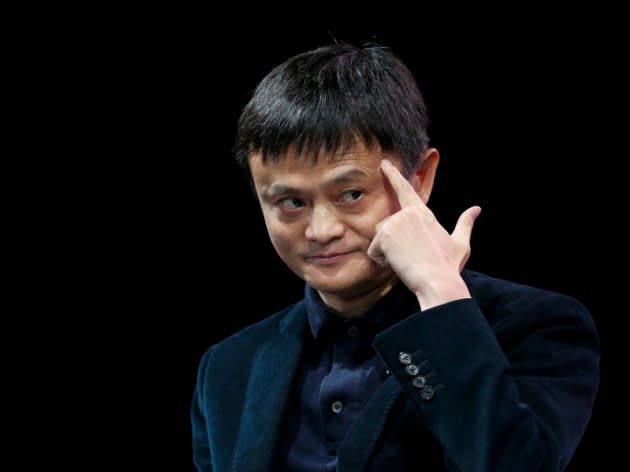The mobile payments industry is booming — outside the US
Only 13% of all iPhone global owners have tried Apple Pay, according to a report this week from Apple analyst Gene Munster at Loup Ventures. The weak figure is “disappointing even to conservative expectations,” Munster said. And it might suggest consumers will be far slower to ditch their credit cards in favor of paying with their smartphones than initially thought.
And yet, investment activity in the space has exploded this year. Most of the activity is coming from big tech companies outside the US.
In January, Ant Financial, formerly the payments arm of Alibaba (Ant is now separate from Alibaba and owned by Jack Ma and other Chinese private equity groups), announced it would buy US-based money-transfer company MoneyGram for $880 million. Now it’s locked in a bidding war with Kansas-based Euronet, which offered $1 billion for MoneyGram.
In February, Airbnb quietly closed its acquisition of peer-to-peer crowdfunding app Tilt, to beef up its payments division. Last month, Alibaba led a $200 million investment round in Indian payments app Paytm, after investing $500 million in Paytm’s parent company, One97 Communications, in 2015.
What exactly is going on here?

“India is ideal,” says Karl Kilb, CEO of mobile pay platform Boloro, “because you have far over a billion people, 18% of the world’s population, and the government has said it’s taking cash off the market, it wants people to pay with mobile. So all of a sudden, everyone looks to jump in.”
Boloro is one of the companies jumping in. It has approval from the Indian government and will launch there in the next several months. The company launched in South Africa last December. Its system enables contactless payments by tapping your phone or NFC (near-field communication) tag at a terminal, the same way Apple Pay or Mastercard’s MasterPass functions, but Boloro sends the confirmation request over USSD flash text message, using the same rails as amber alerts—so it doesn’t require that the customer open an app or access the Internet, just type a pin. That makes the transaction more painless and more secure, Kilb argues, making it especially well-suited to markets like India, where most consumers have old flip-phones, not smartphones.
“Any old-school phone works,” Kilb says. “Instantaneous message right on your phone… You can remember a 4-digit pin. We’re replicating this ATM-like experience on your phone, so it’s really the ideal way to replace cash.”
But Boloro is just one among many payment platforms, small and large, competing in places like India, where the market is quickly getting crowded. Facebook-owned messaging service WhatsApp is reportedly launching digital payments in India, while Tencent (which owns popular Chinese app WeChat) last year led a $175 million investment round in Hike, which is WhatsApp’s biggest competitor in India.
China is the largest market in the world for mobile payments. What’s clear now is that India has become the next battleground for a payments showdown between Chinese giants like Alibaba and Tencent.
This year, consumers globally will charge $780 billion using their mobile devices. But the actual revenues stemming from the companies providing these services are smaller, estimated at less than $3 billion. Take Apple Pay as an example: Munster estimates Apple Pay was used for $36 billion in transactions last year, but Apple Pay itself only brought Apple $30 million in revenue, according to Bernstein Research.
Alibaba and Tencent are convinced they can make big money in this space, even if there are doubts about the rate of consumer adoption. These companies are looking down the road to a time when the market will be much bigger.
Kilb, of Boloro, is convinced mobile payments will hit a hockey-stick moment and take off rapidly. “I think it will be relatively quick at some point,” he says, “just like mobile phone adoption was very quick once the phone became small and affordable.”
China and India are spurring that moment more than America is, for now.
—
Daniel Roberts is a writer at Yahoo Finance, frequently covering fintech.
Read more:
Crowdfunding app Tilt is finally going after Venmo
Why so many companies are rounding up your spare change

 Yahoo Finance
Yahoo Finance 
